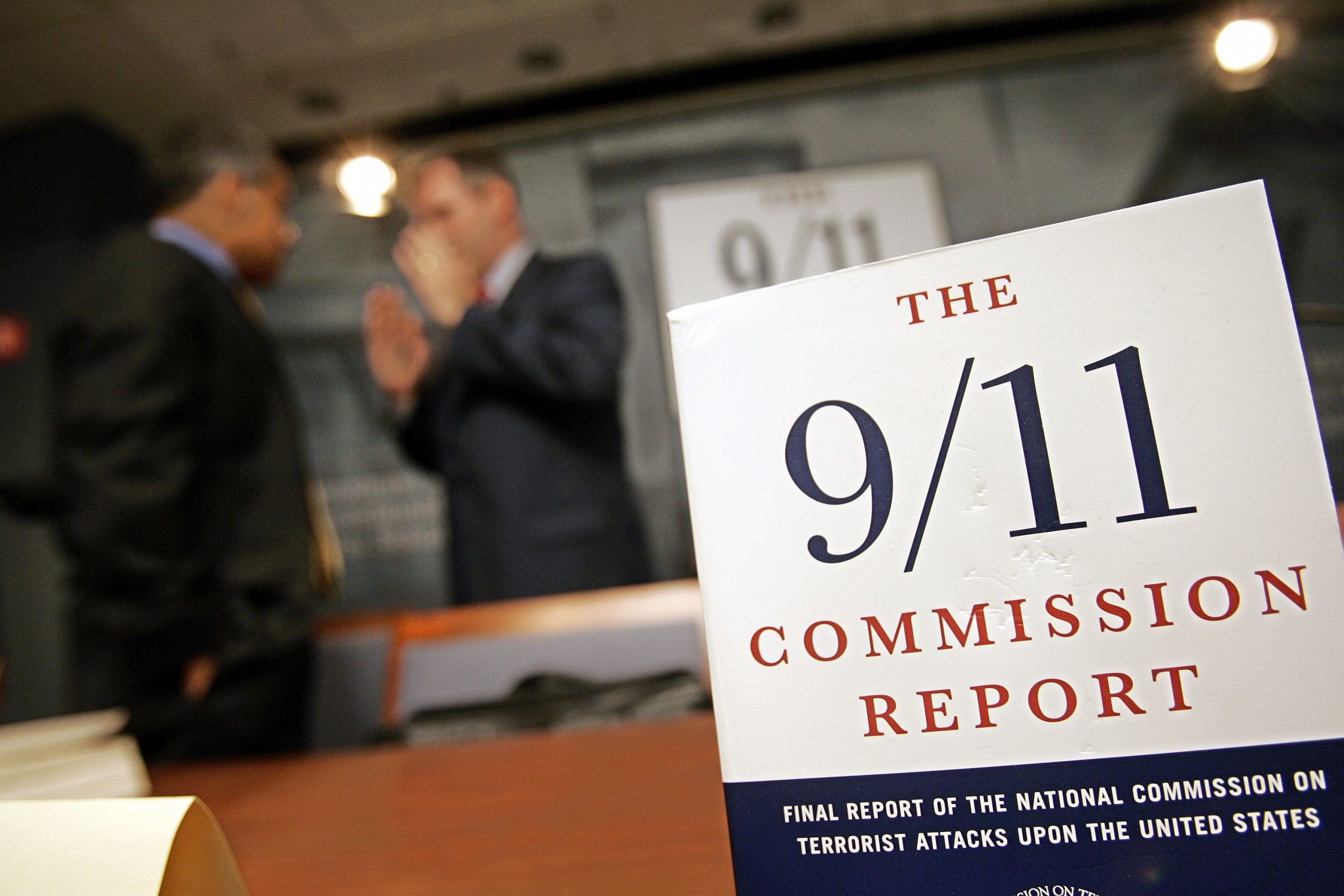yanomami.net – The 9/11 Commission Report, officially known as the “Final Report of the National Commission on Terrorist Attacks Upon the United States,” is a pivotal document that delves into the events leading up to the September 11, 2001, terrorist attacks on the United States. Issued in 2004, the report was the result of an extensive investigation by the National Commission on Terrorist Attacks Upon the United States, commonly referred to as the 9/11 Commission.
Background of the 9/11 Commission
The 9/11 Commission was established by congressional legislation and the signature of President George W. Bush in late 2002. Its primary objective was to prepare a full and complete account of the circumstances surrounding the September 11 attacks, including preparedness for and the immediate response to the attacks. The commission was composed of ten members, including five Republicans and five Democrats, who were tasked with conducting an independent, non-partisan inquiry.
Findings of the Report
The 9/11 Commission Report, released on July 22, 2004, is a comprehensive account that spans over 500 pages. It details the history of Al-Qaeda, the background of the 19 hijackers, the failures of U.S. intelligence and security agencies, and the missed opportunities to prevent the attacks. The report also examines the morning of September 11, 2001, the response of the U.S. government and the aviation industry, and the immediate aftermath of the attacks.
Key Recommendations
One of the most significant contributions of the 9/11 Commission Report was its set of recommendations aimed at preventing future terrorist attacks. These included the creation of a Department of Homeland Security, the establishment of a National Counterterrorism Center, and improvements in intelligence sharing among government agencies.
Impact and Legacy
The 9/11 Commission Report has had a lasting impact on U.S. national security policy and the global war on terror. It led to significant changes in domestic and international security measures, including the overhaul of the U.S. intelligence community. The report also raised public awareness about the challenges of counterterrorism and the importance of preparedness.
Conclusion
The 9/11 Commission Report remains a critical resource for understanding the events of September 11, 2001, and the broader context of the war on terror. Its findings and recommendations have shaped the national security landscape, influencing policies and practices that continue to evolve in response to the ever-changing threat of terrorism. As the nation reflects on the anniversary of the attacks, the report serves as a reminder of the importance of vigilance, cooperation, and resilience in the face of adversity.
